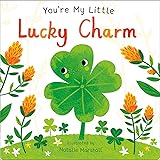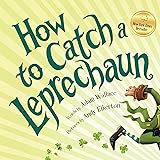Book Blurb:
Early morning, August 1975: a camp counselor discovers an empty bunk. Its occupant, Barbara Van Laar, has gone missing. Barbara isn’t just any thirteen-year-old: she’s the daughter of the family that owns the summer camp and employs most of the region’s residents. And this isn’t the first time a Van Laar child has disappeared. Barbara’s older brother similarly vanished fourteen years ago, never to be found. As a panicked search begins, a thrilling drama unfolds. Chasing down the layered secrets of the Van Laar family and the blue-collar community working in its shadow.
My Review: 4.25 stars
The God of the Woods by Liz Moore was a fascinating mystery that takes place at summer camp and involves the camp’s owner’s daughter, Barbara. What a great setting for a semi-gothic, character driven, and in my opinion – too long of a novel.
I’ve been a fan of Liz Moore for a long time after my book club read Heft in 2012. I’ve read every book she’s come out with and for the most part, immensely enjoyed them all. Moore is an excellent storyteller and is quite skilled at weaving many red herrings into this compelling mystery. There were a lot of descriptions regarding the land and the areas surrounding the camp. She made it easy to visualize, even if it got a bit wordy at times.
The characters were aplenty, but I never got confused on who was who or how they were related. The concept that both Barbara went missing, as did her brother Bear fourteen years earlier, was almost too sad to be true. I loved the detective Judyta. She was not going to let the town’s misogynistic police stop her from solving this mystery.
Themes in this book are class tension, small town life, camp setting, coming of age and generational trauma. Fans of layered mysteries and deeply rooted secrets will enjoy this one.
Quotes I liked:
It was funny, she thought, how many relationships one could have with the same man, over the course of a lifetime together.”
“It came from the Greek god Pan: the god of the woods. He liked to trick people, to confuse and disorient them until they lost their bearings, and their minds.”
“Being humorless, she thought, was even worse than being dumb.”
















